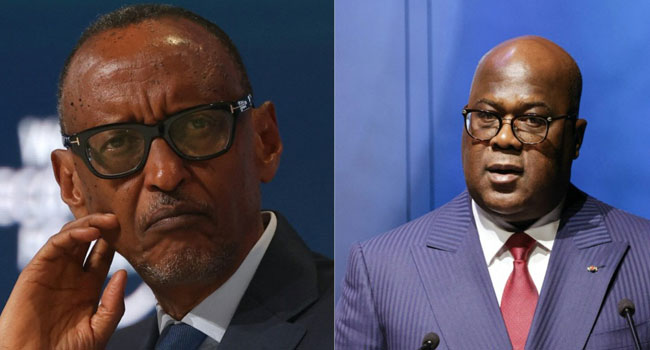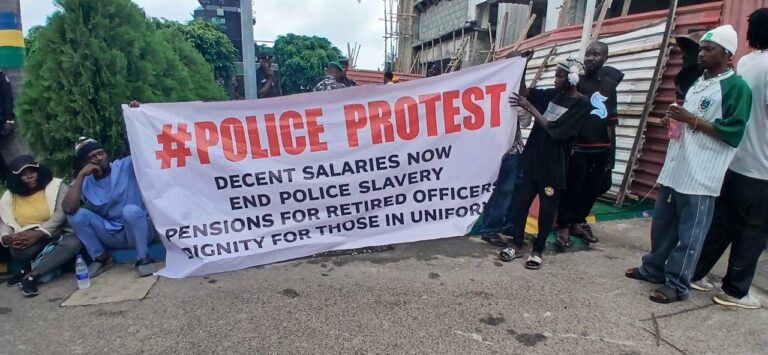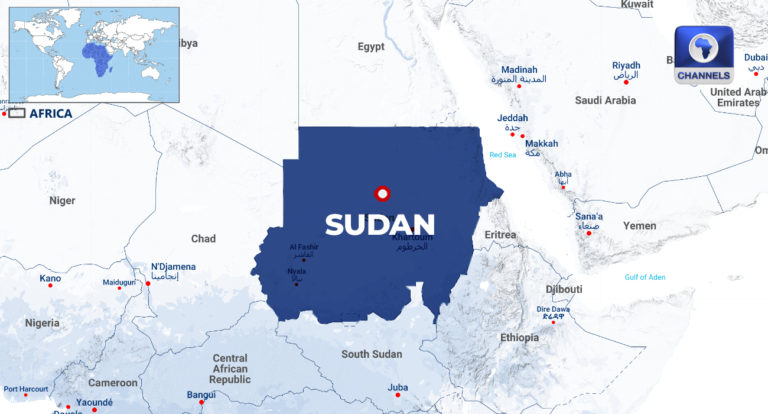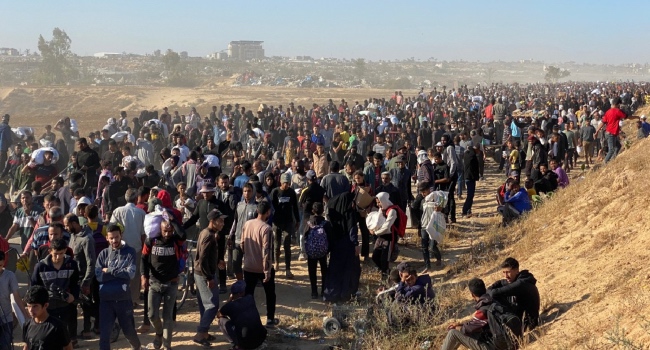In a major diplomatic breakthrough, the Democratic Republic of Congo (DRC) and Rwanda have signed a peace agreement that could mark the beginning of a new chapter in the decades-long conflict that has devastated eastern DRC. President Félix Tshisekedi described the deal as a gateway to “a new era of stability, cooperation, and prosperity” for the region.
Eastern DRC, a region rich in minerals such as cobalt, coltan, and gold, has been the epicenter of violence and humanitarian crises for over 30 years. The latest wave of conflict saw the resurgence of the M23 rebel group reportedly backed by Rwanda which seized key cities like Goma and Bukavu earlier this year. Thousands lost their lives, and hundreds of thousands were displaced, worsening an already dire situation.
The peace agreement was signed last Friday in Washington by the foreign ministers of both nations, with diplomatic support from the United States, the African Union, and the United Nations. Qatar, which has been mediating parallel negotiations between the DRC government and the M23 movement, also played a role and had a representative present at the signing.
The accord lays out critical provisions including a commitment to respect territorial sovereignty, the cessation of hostilities, and the withdrawal of Rwandan troops from Congolese soil. It also obligates Kinshasa to dismantle the Democratic Forces for the Liberation of Rwanda (FDLR), a militia linked to perpetrators of the 1994 Rwandan genocide.
Despite Rwanda denying any direct support for M23, it has consistently raised security concerns about the FDLR. The peace deal now places the responsibility on the Congolese government to neutralize the group.
Although the text outlines economic cooperation and transparency in mineral supply chains, especially in the cobalt sector, details remain vague. Notably, President Tshisekedi has pledged not to compromise national interests in future economic deals. His government is also exploring regional economic frameworks to ensure accountability in mineral trade, amid discussions with global investors such as Massad Boulos, an advisor on African affairs.
President Tshisekedi is expected to meet with Rwandan President Paul Kagame in Washington soon to further solidify the agreement.
However, not everyone is optimistic. Corneille Nangaa, leader of the Congo River Alliance an umbrella for several rebel factions including M23, dismissed the Washington agreement as “limited” and accused Kinshasa of undermining the Doha-led mediation efforts.
While the military front has seen relative calm since February, localized violence persists. Clashes between M23 fighters and various community militias continue in the east, often using guerrilla tactics.
For now, the signed accord represents a cautious but hopeful step forward in resolving one of Africa’s most intractable conflicts.





